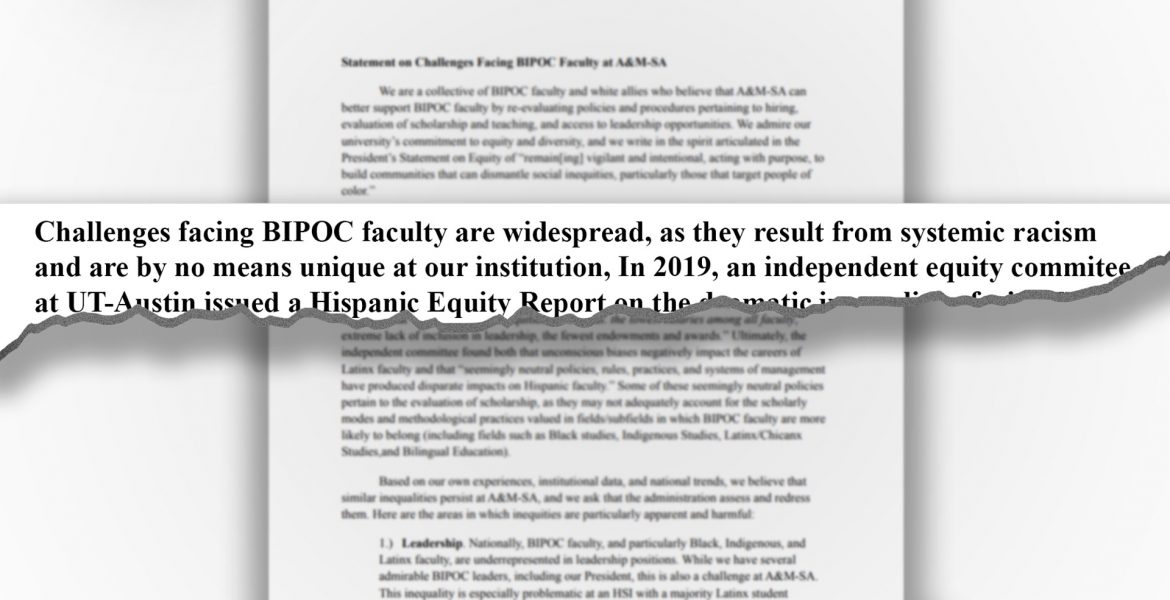The Faculty Senate discussed charges of systemic racism and a proposal to establish an ombudsperson for faculty at recent meetings.
A group of faculty members emailed an anonymous letter to three senators that addressed concerns about leadership, hiring, evaluation of scholarship, evaluation of teaching, tenure and promotion decisions, and teaching awards.
The faculty members described themselves as Black, indigenous, people of color and white allies.
“The letter writers are speaking out both to shed light on the specific and intensive challenges that they’ve faced in doing their jobs and call on the administration from the president, provost to the deans and the chairs to assess and redress those challenges,” Daniel Delgado, associate professor of sociology and senator, said at the senate’s meeting March 5.
“We should consider the ramifications of why individuals feel the need to send a letter like this anonymously,” Delgado said. “I think this sort of speaks volumes to this sort of fear that they are experiencing regarding these issues and speaking out about these issues.”
The letter included 10 suggestions for university administration such as creating a diversity office, surveying BIPOC faculty experiences, requiring implicit bias training and downgrading the role of student evaluations.
The senate voted to forward the letter to university administration at the meeting March 5.
In other business, the senate discussed the proposal of an ombudsperson for faculty at the April 2 meeting. The position will be effective as of summer 2021.
A current faculty member will be chosen as the ombudsperson, who will serve as a neutral mediator for faculty who are experiencing conflict or problems.
Upon approval, the application will be emailed to all faculty, said Dr. Megan Wise de Valdez, senator and associate professor of biology.
The senate is seeking a faculty member who has tenure, does not have administrative duties and has a background in counseling, psychology, social work or human resources. The ideal candidate would have experience as an ombudsperson.
Wise de Valdez said she hopes to have “a robust support system for faculty dealing with conflict that doesn’t rise to the level of HR.”
Involving human resources can call for punitive action, she said.
“If that’s not where we want to go, our only other resource is our chair – which could also be punitive because he or she is the boss,” Wise de Valdez said. “If they’re the boss, then that can also have ramifications.”
The ombudsperson will be housed in the office of the president and confidential video conferencing will be available.
President Cynthia Teniente-Matson said the position will be in place for one year. After one year, the position will be evaluated and reconsidered.
The Faculty Senate’s next meeting is at 11:30 a.m. on May 7 via Webex.






